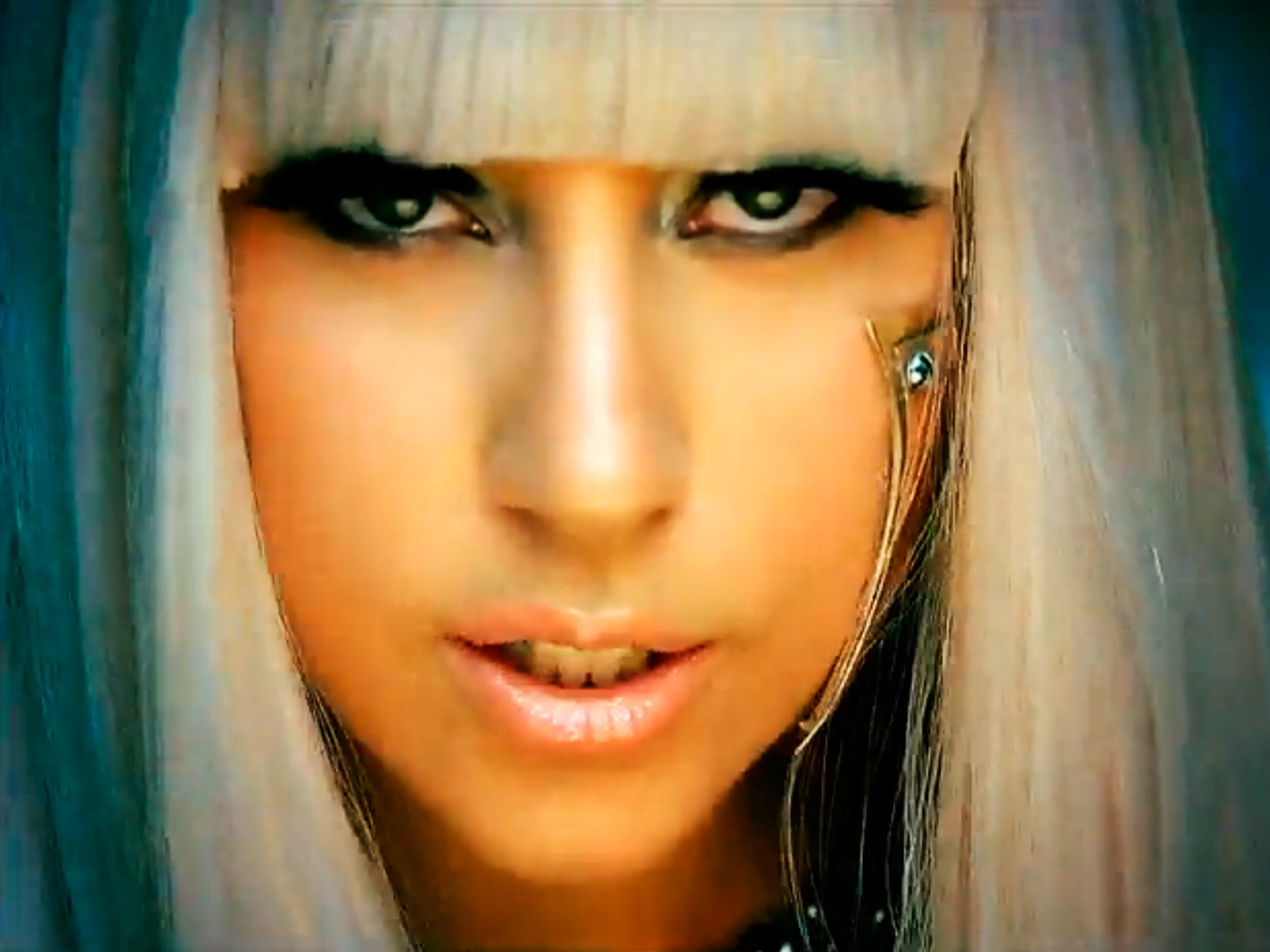Poker Face Common
A blank expression is a facial expression characterized by neutral positioning of the facial features, implying a lack of strong emotion. It may be caused by a lack of emotion, depression, boredom or slight confusion, such as when someone refers to something which the listener does not understand. A deliberately-induced blank expression meant to conceal one's emotions is also known as a poker face, referring to the common practice of maintaining one's composure when playing the card gamepoker.[1][2]
The term poker face was used outside the game of poker by American sportswriters in the 1920s to describe a competitor who appeared unaffected by stressful situations (an important skill when playing poker for money, to avoid giving an opponent any tells about one's hand).[3] It is similarly used with reference to marketers and salespeople during business negotiations.[4]
Definition: An expressionless face that does not reveal a person’s thoughts. Origin of Poker Face This expression dates back to the second half of the 1800s. It comes from the card game poker. Playing with Jewellery – You really do need to look out for the players who are playing with a ring. Immediate Calls. Eye contact after betting. Staring Defensively. Long Looks at Hole Cards. Staring at Board Cards. Verbal Defensiveness. The usefulness of poker. The cards that are dealt face-up in a poker game for all players to see. In flop games, five cards are dealt face-up in the center of the table. In Seven Card Stud, four cards are dealt face-up in front of each player. When a player uses the lowest card on the flop to make a pair with one of his own cards. In poker, players form sets of five playing cards, called hands, according to the rules of the game. Each hand has a rank, which is compared against the ranks of other hands participating in the showdown to decide who wins the pot. In high games, like Texas hold 'em and seven-card stud, the highest-ranking hands win.
See also[edit]
References[edit]
Poker Face Video Game
General references[edit]
- Jan Hargrave (2010). Poker Face: The Art of Analyzing Poker Tells. Kendall Hunt Pub Co. ISBN0-7575-7789-X.
- David Naimark; Ansar Haroun (2011). Poker Face in Mental Health Practice: A Primer on Deception Analysis and Detection. W W Norton & Co Inc. ISBN0-393-70699-0.
Poker Face App
Inline citations[edit]



- ^Judi James (2007). Poker Face: Mastering Body Language to Bluff, Read Tells and Win. Da Capo Press. p. 17. ISBN1-60094-051-X.
- ^Richard D. Harroch; Lou Krieger (2011). Poker For Dummies. For Dummies. p. 22. ISBN1-118-05358-3.
- ^Joey Lee Dillard (1985). Toward a social history of American English. Walter de Gruyter. p. 169. ISBN3-11-010584-5.
- ^Arnold S. Goldstein (1981). The Complete Guide to Buying and Selling a Business. Penguin Group USA. p. 154. ISBN0-452-26111-2.